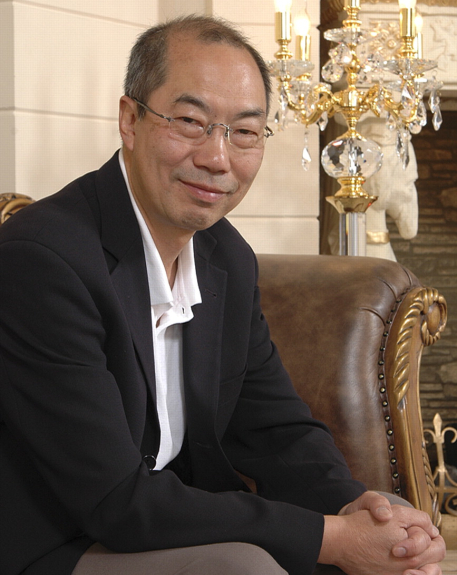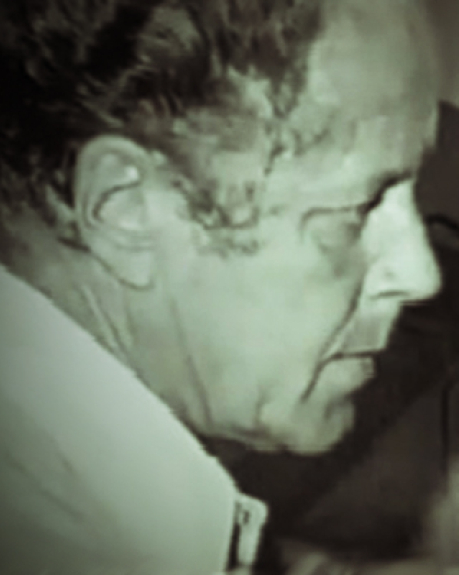2007 INDUCTEE Félix d’Hérelle Infectious Disease, Allergy & Immunity
April 25, 1873
(Montréal, Québec)
February 22, 1949
Self-Taught
1948: Prix Petit-d’Ormoy for Natural Sciences, French Academy of Sciences
1930: Honorary Degree, Université Laval
See All AwardsAwards & Honours:
1948: Prix Petit-d’Ormoy for Natural Sciences, French Academy of Sciences
1930: Honorary Degree, Université Laval
1928: William Wood Gerhard Medal, Philadelphia Pathological Society
1925: Honorary MD, University of Leiden
1924: Leeuwenhoek Medal, Royal Academy of Sciences of Amsterdam
Honorary Degree, Université de Montréal
Honorary Degree, Yale University
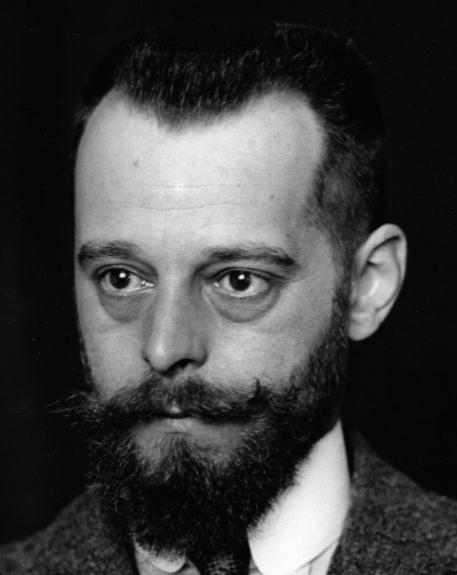
Ushered in the era of molecular biology
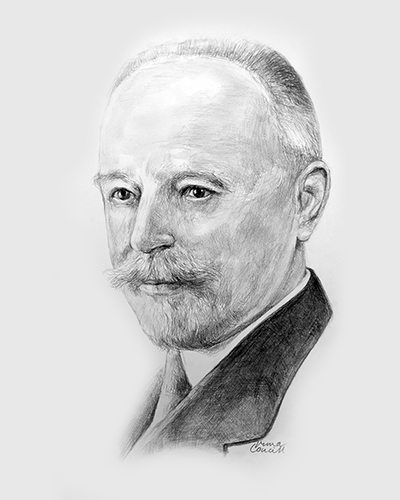
A pioneering scientist and a committed global investigator
Félix d’Hérelle applied a single-minded enthusiasm and scientific thoroughness to every new challenge. Records from his first assignment on behalf of the Government of Canada to explore the feasibility of fermenting and distilling maple syrup into “whiskey” were meticulous and reveal the qualities of a great scientist.
More significantly, Dr. d’Hérelle is credited for two brilliant discoveries that together signify a scientific revolution. Considered an “outsider” in science, this vagabond scholar set up a lab in his Montreal home at age 24 and went on to discover a biological control of pests and a cure for bacterial infections using bacteria-eating bacteriophages. Félix D’Hérelle’s work led to the founding of the “Phage Group” of scientists.
Key Facts
Bacteriophage proved useful against numerous bacteria including vibrio cholerae and, as a result, d’Herelle’s discovery was introduced into water supplies in high epidemic areas
Between 1917 and 1948, more than 6000 notes and memoirs on phage were published in scientific reviews
The establishment of the Phage Group laid the foundation of molecular biology and, in time, supported important discoveries about DNA
During his lifetime, d’Hérelle was nominated for the Nobel Prize at least thirty times and by eight different groups in 1926 alone
Bacteriophage was shown to be thousands of times more potent against bacteria than any other treatment at the time
Professional timeline
Impact on lives today
When Félix d’Hérelle discovered bacteriophages, many saw phage treatment as a potential “magic bullet” to mitigate the ravages of infectious diseases. Phage treatment did in fact save countless lives. With the arrival of antibiotics, however, many scientists shifted their focus. Now, with the golden age of antibiotics almost over, phages are receiving renewed attention as a remarkable natural remedy for bacterial infections, in particular those caused by antibiotic-resistant pathogens. In fact, Nobel Laureate Dr. Joshua Lederberg urged ‘a renaissance of study of bacteriophages.”
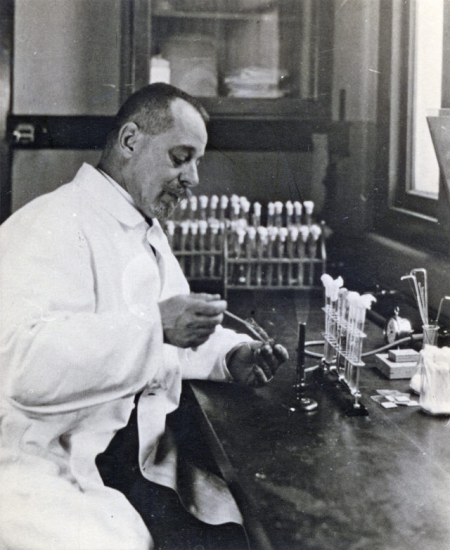
2007
-
Félix d'Hérelle posthumously inducted into the Canadian Medical Hall of Fame
London, Ontario
-
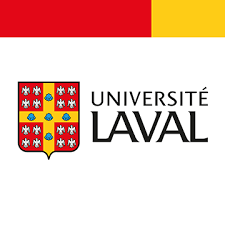
The Félix d’Hérelle Reference Centre for bacterial viruses at the Université Laval was opened.
Infectious Disease, Allergy & ImmunityIts mission is to “collect, conserve and distribute reference phages and information about them to foster research and education.”
-
Countries all over the world expressed interest in phage therapy.
Over a period of two years, d’Hérelle established three phage production laboratories in Kiev, Kharkov and Tbilsi in the Soviet Union.
-
Félix D’Hérelle founded the Laboratoires du bactériophage in Paris
Infectious Disease, Allergy & ImmunityThis laboratory became a centre of research excellence for the development and production of phage therapy.
-

Sinclair Lewis published, Arrowsmith, a novel based on the work that led to the discovery and use of bacteriophages.
Infectious Disease, Allergy & ImmunityThe novel was awarded the Pulitzer Prize.
-
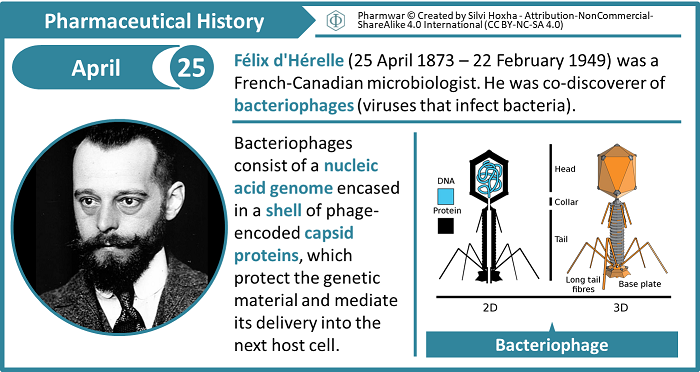
Félix D’Hérelle discovered ‘bacteriophages’ and bacteriophage therapy
Infectious Disease, Allergy & ImmunityIn typical Pastorian style, he moved from his laboratory findings to the field setting up phage-therapy trials around the world. *Also discovered independently from d'Hérelle by Frederick Twort
-
Félix D’Hérelle’s first paper on biological control of locusts with Coccobacilus bacteria was presented at the Pasteur Institute in Paris.
Infectious Disease, Allergy & ImmunityThe publication of this paper was the beginning of his international fame. Dr. d’Hérelle remained in Paris for a number of years to continue his research.
-
At the age of 28, Dr. d’Hérelle was appointed the sole bacteriologist of Guatemala.
Infectious Disease, Allergy & ImmunityGuatemala was the first country of at least fifteen where he would make a scientific contribution over the next five decades.
1901
He applied enthusiasm and thoroughness to every challenge.
Additional Resources:
- Phage as an antimicrobial agent: d’Herelle's heretical theories and their role in the decline of phage prophylaxis in the West
- History of Medicine and Science - Don MacLean
- CMHF Laureate biography - Félix d’Hérelle

